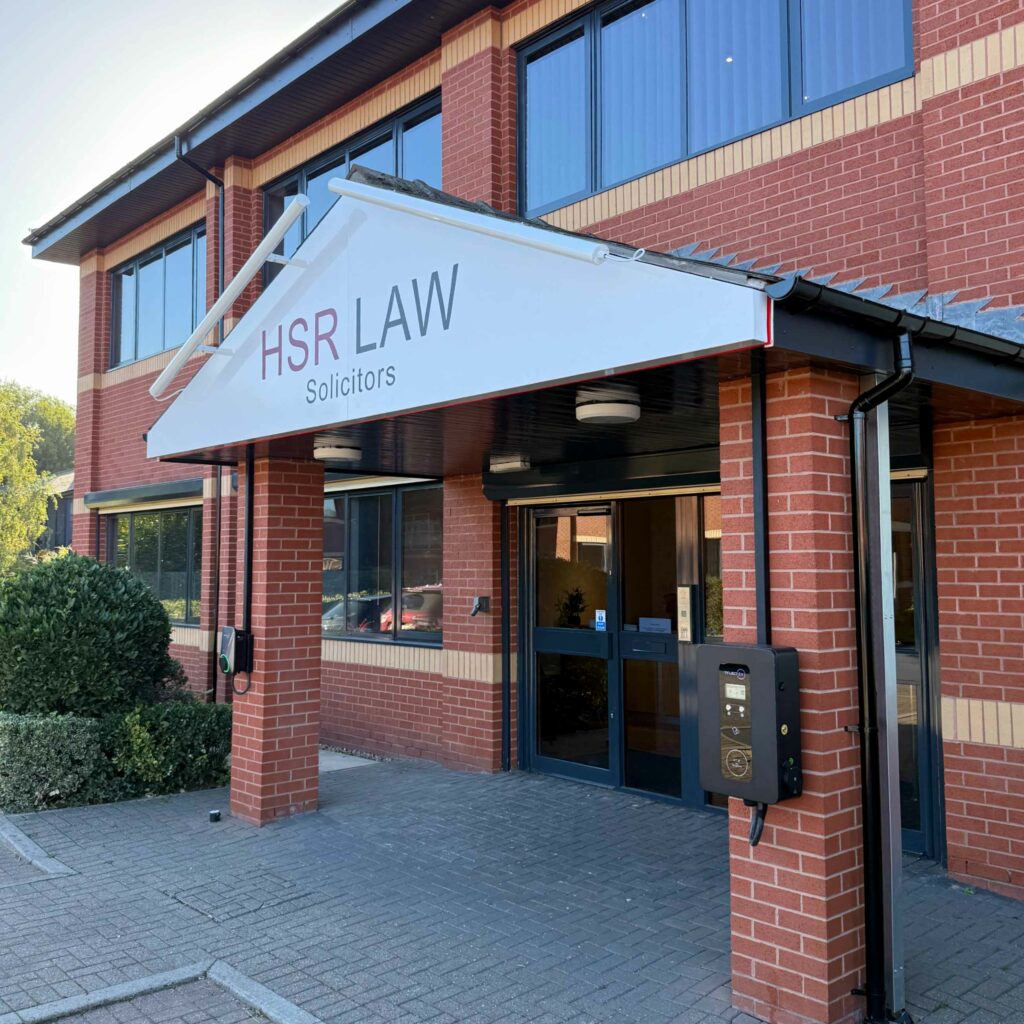Should You Replace Your Enduring Power of Attorney with a Lasting Power of Attorney?
If you made an Enduring Power of Attorney (EPA) before October 2007, you might be wondering whether it’s still valid, or whether you now need a Lasting Powers of Attorney (LPA) instead.
The short answer is no, you do not need to replace your EPA as it remains legally valid. However, depending on your needs and circumstances, it may be worthwhile creating an LPA to offer broader protection and flexibility for the future.

Understanding the Difference Between an EPA and an LPA
What is an Enduring Power of Attorney (EPA)?
An Enduring Power of Attorney allows you to appoint one or more trusted people (your attorneys) to look after your property and financial affairs if you become unable to do so yourself.
Key facts about EPAs:
- EPAs were the standard legal arrangement before 1 October 2007.
- They remain legally valid if they were properly made and signed before that date.
- They cover only financial and property matters, such as managing bank accounts, paying bills, and selling property.
- Your attorneys can act without registration while you have capacity, but once you lose capacity, the EPA must be registered with the Office of the Public Guardian (OPG).
What is a Lasting Power of Attorney (LPA)?
LPAs were introduced under the Mental Capacity Act 2005, replacing EPAs from 1 October 2007.
They offer greater flexibility and choice, allowing you to appoint attorneys for two key areas of decision-making:
- Property and Financial Affairs LPA – for managing money, investments, and property.
- Health and Welfare LPA – for decisions about care, medical treatment, and living arrangements.
Important difference: LPAs must be registered with the Office of the Public Guardian before they can be used, even if you still have capacity.
Should You Replace Your Enduring Power of Attorney with a Lasting Power of Attorney?
If your Enduring Power of Attorney (EPS) was validly made before October 2007, you do not need to replace it as it will continue to be legally recognised.
However, many people choose to create a lasting Power of Attorney (LPA) for added peace of mind. You might consider making an LPA if:
- You want to appoint new or additional attorneys.
- You’d like your attorneys to make health and welfare decisions, which EPAs don’t cover.
- You prefer to use the modern, more secure LPA format with clearer safeguards.
- Your personal circumstances or relationships have changed since your EPA was created.
You can also keep your EPA for financial matters and create a Health and Welfare LPA alongside it — they can operate together without conflict.

Making Powers of Attorney – Why use a solicitor?
The creation of a Lasting Power of Attorney document and the registration process can be extremely onerous if you are not familiar with legal terms or procedures, and potentially the final document you end up with may not actually work in the way you need it to. In this article our expert lasting powers of attorney solicitors explain the LPA process and why using a solicitor can help ensure accuracy… read more
How can HSR Law help with your Lasting Powers of Attorney?
HSR Law are experienced Lasting Powers of Attorney Solicitors and can provide a full service including advising on whether an LPA is the right option, drafting the form, acting as a certificate provider where appropriate, and dealing with the registration process with the Office of the Public Guardian.
Choosing to use HSR Law can be especially helpful if you suspect capacity may be borderline, family relationships are strained, or you simply want assurance the form is completed and signed correctly to avoid registration delays.
Final thoughts
You do not need to replace an Enduring Power of Attorney if it was made before October 2007. It’s still valid.
However, creating a Lasting Power of Attorney can provide broader protection, especially if you want someone to make health and welfare decisions on your behalf or if you’d like to update your choice of attorneys.

We’re here to help
Our specialist Lasting Powers of Attorney (LPA) team can advise you from start to finish on the LPA procedure from creation to registration of the document. We will discuss who you would like to appoint as your Attorney or Attorneys and their suitability to do so, and in which way to appoint them. We will consider with you whether or not to include any guidance or instructions to your Attorneys for specific matters, and we will ensure all relevant signatures are obtained in a timely manner, and will undertake the registration process on your behalf.
Please contact Emma, Kelly or Laura for more details or to arrange an appointment at any of our offices. Home visits may also be available for those who are unable to travel to an office.
Lasting Powers of Attorney FAQs
Yes. If your EPA was properly made and signed before 1 October 2007, it remains legally valid and can still be used.
No, replacement isn’t required. However, many people choose to make an LPA for added flexibility, updated attorneys, or to cover health and welfare decisions.
Yes. You can keep your EPA for financial matters and create a Health and Welfare LPA alongside it. They can work together without conflict.



